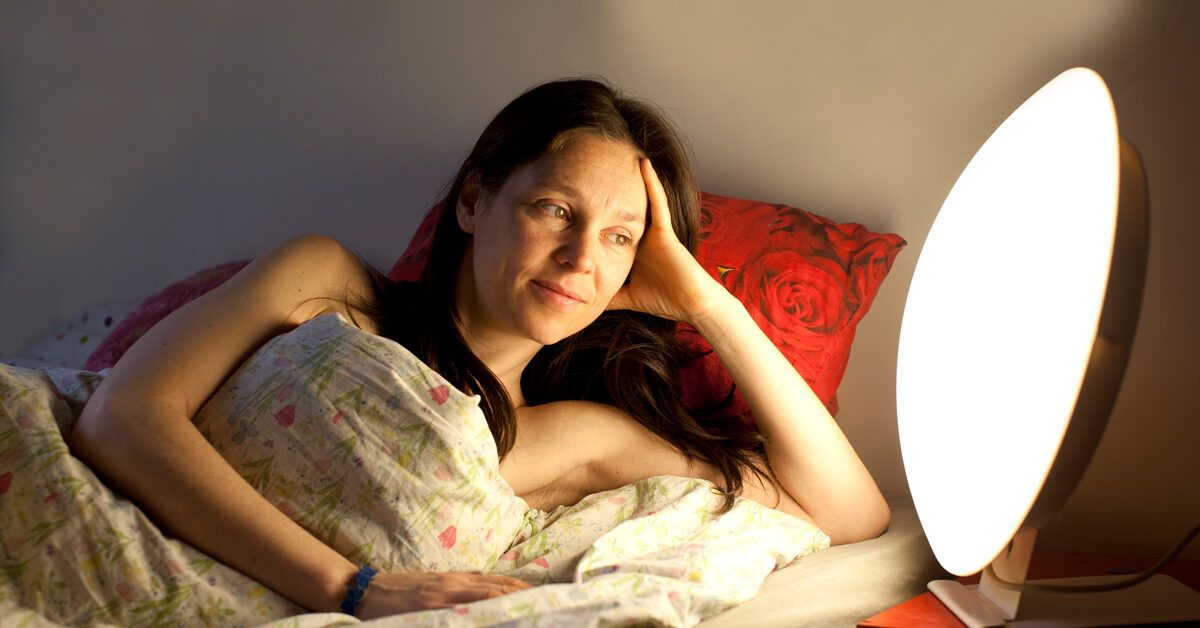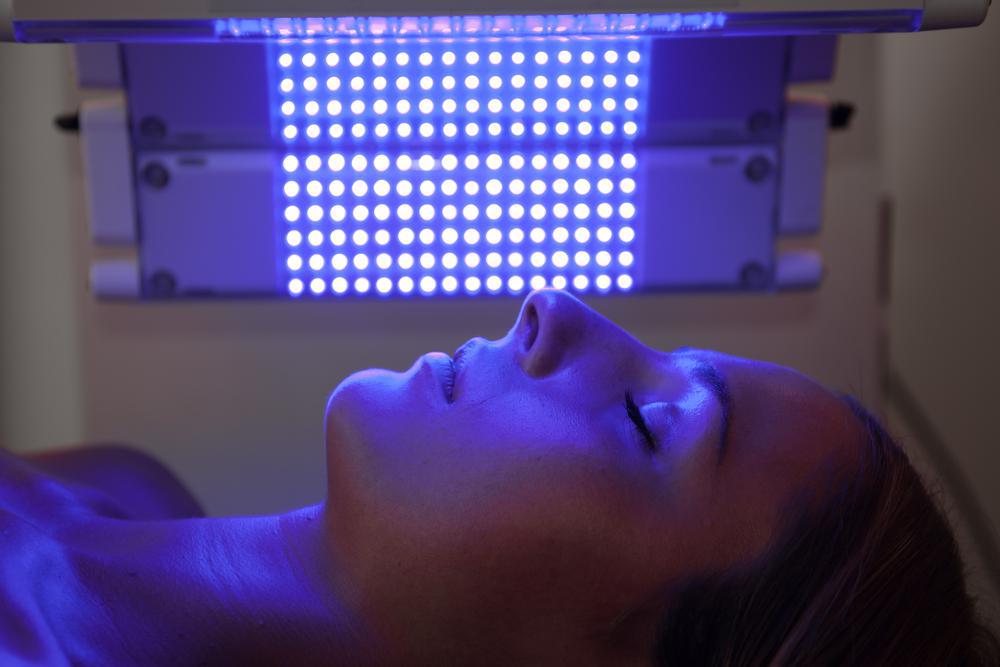Specialist Insomnia Counseling - Obtain Specialist Advice
Wiki Article
Reliable Therapy Solutions for Managing Sleep Disorders and Enhancing Peaceful Sleep
In the world of healthcare, the management of rest problems and the quest for peaceful sleep are critical elements of overall wellness. Reliable therapy options supply a diverse method to tackle these challenges, varying from cognitive behavior treatments to alternative techniques that promote relaxation and mindfulness. The exploration of different techniques, consisting of the assimilation of medication and light therapy, opens a world of possibilities in the quest of better rest quality. As we navigate the complex landscape of rest conditions and seek to enhance our sleep experience, a much deeper understanding of these treatment solutions might hold the secret to opening a more rejuvenating and fulfilling restorative journey.Cognitive Behavior Modification for Sleeping Disorders (CBT-I)
Cognitive Behavior Therapy for Sleep Problems (CBT-I) is an organized, evidence-based treatment technique that concentrates on addressing the underlying variables adding to sleep disturbances. This sort of treatment intends to customize behaviors and thoughts that intensify sleeping disorders, eventually advertising healthy and balanced rest patterns. CBT-I generally involves several essential elements, consisting of cognitive therapy, rest restriction, stimulus control, and rest health education and learning.Cognitive therapy aids people determine and alter unfavorable idea patterns and ideas regarding sleep that might be preventing their capacity to drop or stay asleep. Rest constraint entails limiting the quantity of time spent in bed to match the person's real sleep duration, thereby increasing rest performance (sleep therapy). Stimulus control strategies help establish a solid association in between the bed and sleep by encouraging individuals to visit bed only when drowsy and to avoid participating in promoting activities in bed
Additionally, rest hygiene education concentrates on creating healthy sleep routines, such as preserving a consistent rest routine, creating a relaxing bedtime routine, and enhancing the sleep setting. By attending to these variables comprehensively, CBT-I offers an efficient non-pharmacological intervention for taking care of sleeplessness and improving general sleep high quality.
Rest Hygiene Practices
Having actually established the foundation of cognitive restructuring and behavior modifications in addressing sleeplessness via Cognitive Behavior modification for Sleep Problems (CBT-I), the focus currently changes towards checking out vital Rest Health Practices for preserving optimal sleep high quality and total wellness.Sleep hygiene techniques incorporate a series of habits and environmental aspects that can significantly affect one's capability to drop off to sleep and remain asleep throughout the evening. Consistent sleep and wake times, producing a relaxing going to bed regimen, and optimizing the sleep atmosphere by maintaining it dark, silent, and cool are crucial components of excellent rest hygiene. Limiting exposure to displays prior to bedtime, preventing energizers like high levels of caffeine close to going to bed, and participating in regular exercise throughout the day can also promote much better sleep high quality.
Moreover, practicing relaxation methods such as deep breathing exercises or reflection prior to bed can help calm the mind and prepare the body for sleep. By including these rest hygiene methods into one's daily regimen, individuals can develop a healthy and balanced sleep pattern that sustains peaceful rest and overall health.
Leisure Techniques and Mindfulness
Applying relaxation methods and mindfulness techniques can play a pivotal function in fostering a sense of calm and promoting quality rest. In addition, guided images can help carry people to a serene location in their minds, assisting in stress reduction and improving rest high quality.By including these methods into a going to bed regimen, individuals can view publisher site signify to their bodies that it is time to prepare and unwind for sleep. In general, incorporating leisure strategies and mindfulness techniques can dramatically add to managing sleep disorders and boosting general sleep top quality.

Medication Options for Sleep Disorders
After exploring relaxation techniques and mindfulness methods as non-pharmacological interventions for boosting rest top quality, it is vital to take into consideration medication options for individuals with sleep disorders. In situations where way of life modifications and therapy do not offer adequate relief, medicine can be an important tool in handling sleep disturbances.
Frequently suggested medications for rest conditions include benzodiazepines, non-benzodiazepine hypnotics, antidepressants, and melatonin receptor agonists. Benzodiazepines, such as diazepam, are sedatives that can assist cause sleep, but they are commonly recommended for short-term use due to the threat of dependence. Non-benzodiazepine hypnotics like zolpidem are also made use of to deal with sleep problems and have a lower danger of dependence compared to benzodiazepines. Antidepressants, such as trazodone, can be advantageous for individuals with co-occurring clinical depression and sleep disturbances. Melatonin receptor agonists, like ramelteon, target the body's all-natural sleep-wake cycle and can be handy for managing rest patterns.
It is essential for individuals to talk to a health care company to determine one of the most ideal medicine alternative based on their details rest disorder and case history.
Light Treatment for Body Clock Guideline
Light treatment, also referred to as phototherapy, is a non-invasive therapy method utilized to control circadian rhythms and boost sleep-wake cycles. This therapy includes exposure to brilliant light that mimics natural sunshine, which aids to reset the body's interior clock. By revealing individuals to details wavelengths of light, typically in the early morning or night depending on the preferred impact, light treatment can effectively readjust the circadian rhythm to advertise wakefulness throughout the day and boost relaxing sleep in the evening.Research study has shown that light therapy can be especially advantageous for people with circadian rhythm disorders, such as delayed sleep phase disorder or jet lag. It can likewise be practical for those experiencing seasonal affective condition (SAD), a sort of clinical depression that generally happens throughout the winter season when all-natural bipolar sleeping too much light exposure is decreased. Light therapy is typically well-tolerated and can be made use of along with other treatment techniques for sleep conditions to optimize end results and boost general sleep high quality.
Final Thought
Finally, efficient therapy services for handling rest disorders and enhancing restful rest include Cognitive Behavioral Treatment for Sleep Problems (CBT-I), rest hygiene techniques, leisure strategies and mindfulness, medicine options, and light therapy for circadian rhythm policy. These strategies can help individuals enhance their sleep top quality and general wellness. It is crucial to talk to a medical care carrier to establish the most appropriate strategy for attending to sleep concerns.
As we browse the complex landscape of sleep conditions and seek to enhance our rest experience, a deeper understanding of these treatment services may hold the secret to opening a more rejuvenating and fulfilling corrective journey.
Rest limitation involves restricting the quantity of time invested in bed to match the individual's real sleep period, thereby increasing rest efficiency. Regular sleep and wake times, producing a relaxing bedtime regimen, and optimizing the sleep atmosphere by maintaining it dark, peaceful, and cool are crucial components of excellent rest hygiene. Light therapy is usually well-tolerated and can be utilized in conjunction with various other treatment methods for rest conditions to optimize results and enhance general sleep high quality.

Report this wiki page